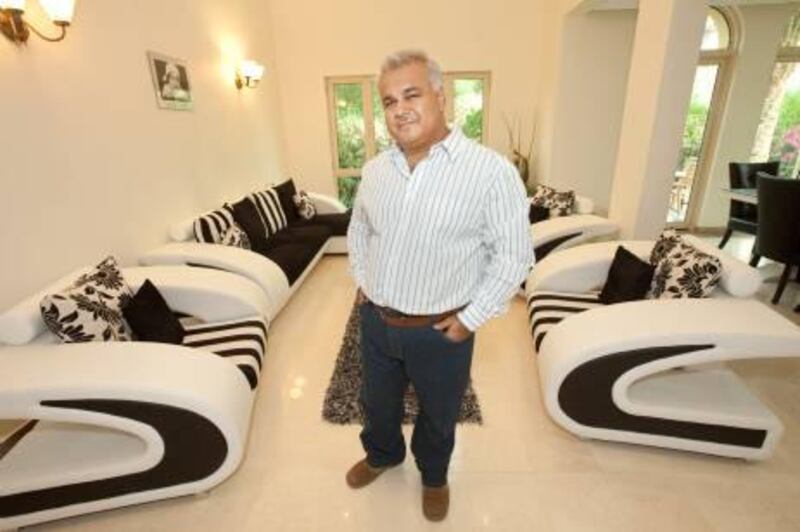DUBAI //Nakheel will raise Jumeirah Island district-cooling charges by 79 per cent after months of resistance to its 150 per cent rise.
Some residents argue the increase is still too high but with temperatures rising, they say they will have to pay it.
"What do you do?" asked one European resident. "You have a responsibility to your family."
The dispute arose late last year when Nakheel, the developer, issued a new district-cooling contract raising the consumption rate from 56 fils for a tonne of refrigeration an hour to Dh1.40.
More than 450 residents in the 700-villa community signed a petition in protest and a group of home owners met the developer last month.
The rate will now drop to Dh1 for all use going back to December last year, Sanjay Manchanda, the acting chief executive of Nakheel, said in a letter on April 8. But Mr Manchanda said that remained subject to change.
"We sincerely hope that this gesture of goodwill on the part of Nakheel management will be met with full cooperation from the JIC [Jumeirah Island Community] residents, particularly a large number of those [who] are yet to register and sign up to the Nakheel Chilled Water Supply Agreement," the letter read.
"Further, please take note of the fact that this rate will be subject to periodic review by Nakheel management and adjusted, if required, to reflect the actual market and operational conditions."
The latest contract, which brought in a new supplier, Al Shirawi US Chillers, also dropped a monthly fixed "capacity charge" meant to offset the cost of district-cooling equipment.
Some owners accused Nakheel of raising rates to compensate for the lost revenue from capacity charges.
Many have refused to pay the capacity charges since they were introduced in 2010, arguing that capital costs were not their responsibility.
Residents tried in vain to seek help against the consumption rates increases from the Real Estate Regulatory Authority (Rera), Dubai Supreme Council of Energy and Ports, Customs and Free Zone Corporation (PCFZC).
But district cooling was not subject to regulation, Nakheel said in a February letter to Jumeirah Island residents.
"Currently in Dubai, district cooling is not regulated by any government authority, therefore approval by bodies such as Rera and PCFZC is not required, but Nakheel's board always aim to charge competitive rates for its services," it said.
Nakheel did not respond to a request for comment.
Kamal Kotecha, a British resident of Jumeirah Islands, said regulation was needed to prevent steep and unpredictable rises.
"If developers are allowed to charge and do whatever they want without any regulators, what is going to happen?" Mr Kotecha asked.
"It's becoming like a monopolistic-type environment. The Government of Dubai needs to intervene to protect the residents of Dubai who have been forced to use district cooling."






